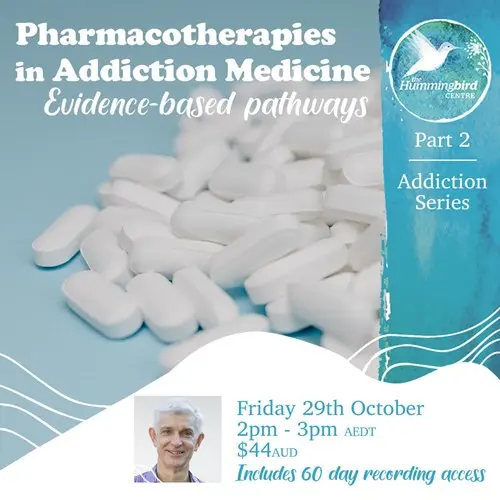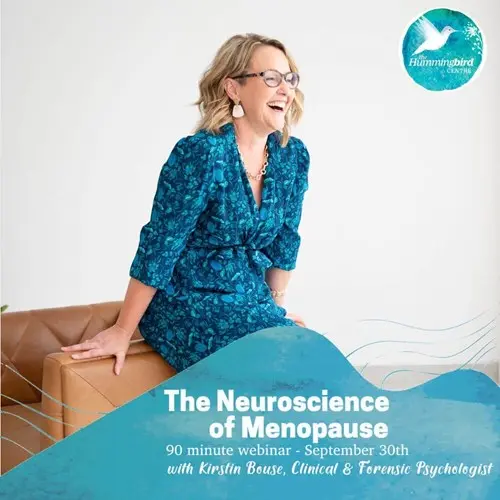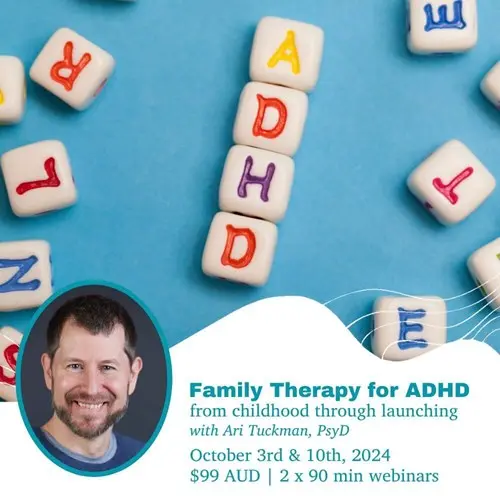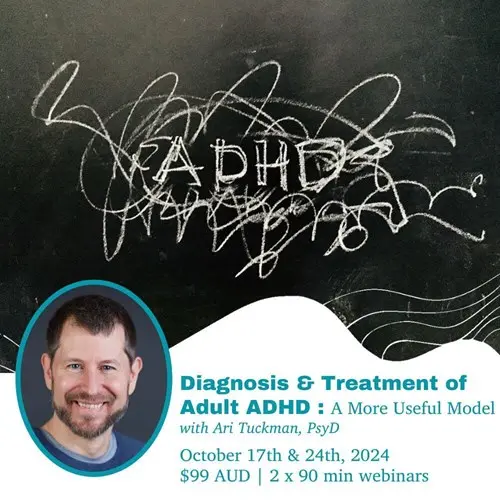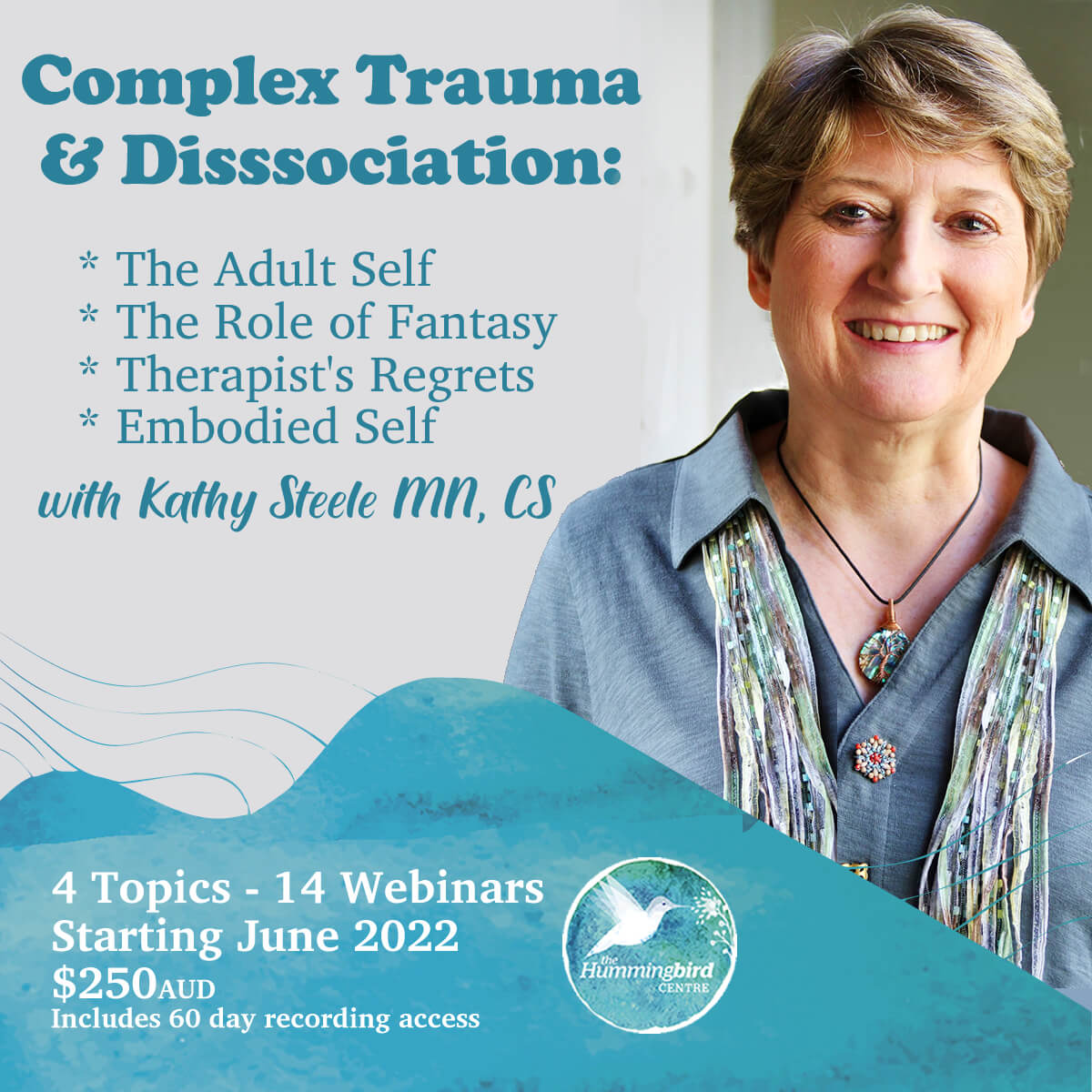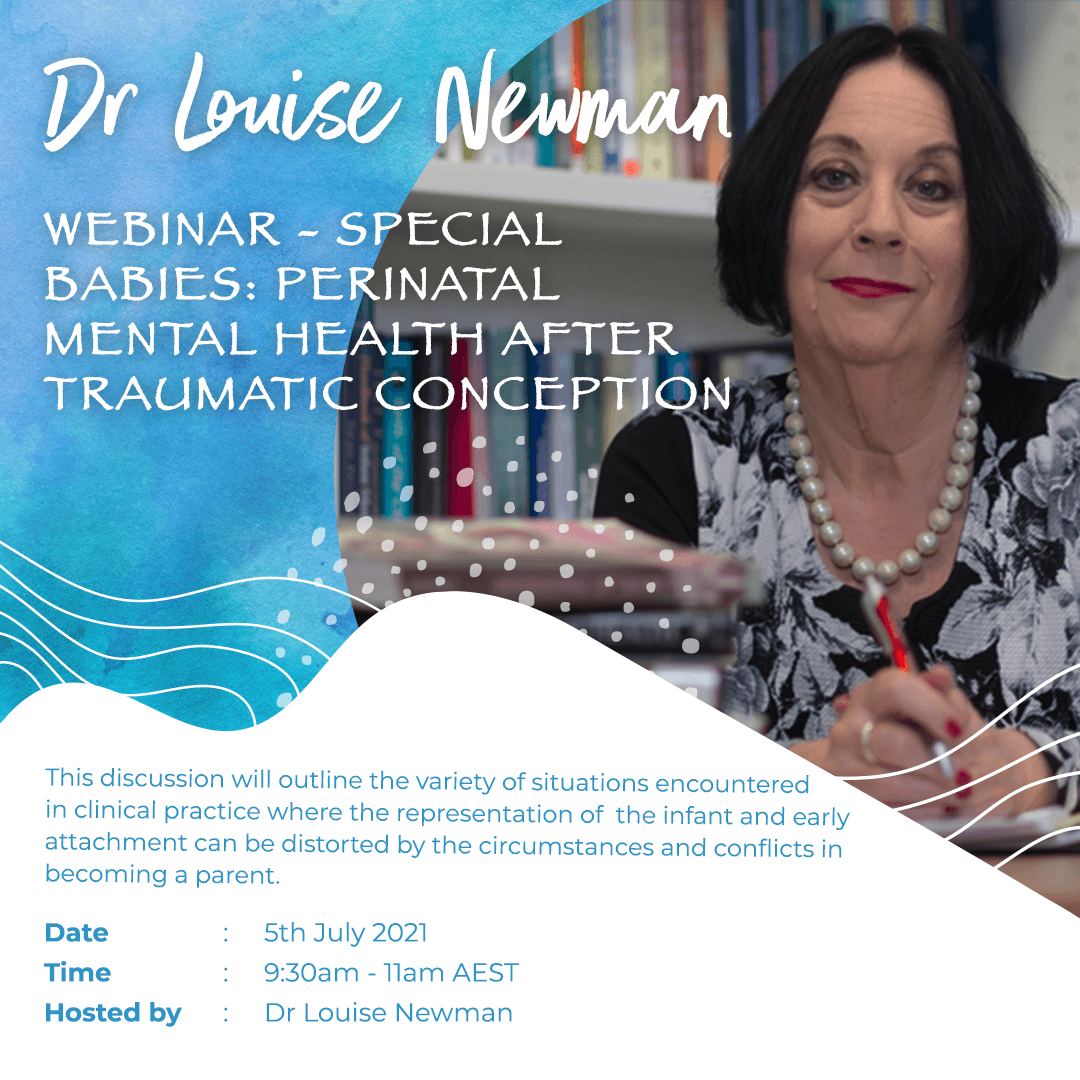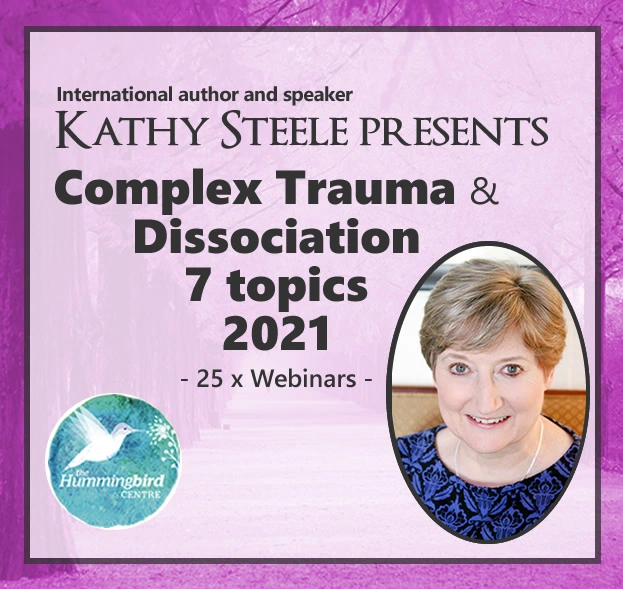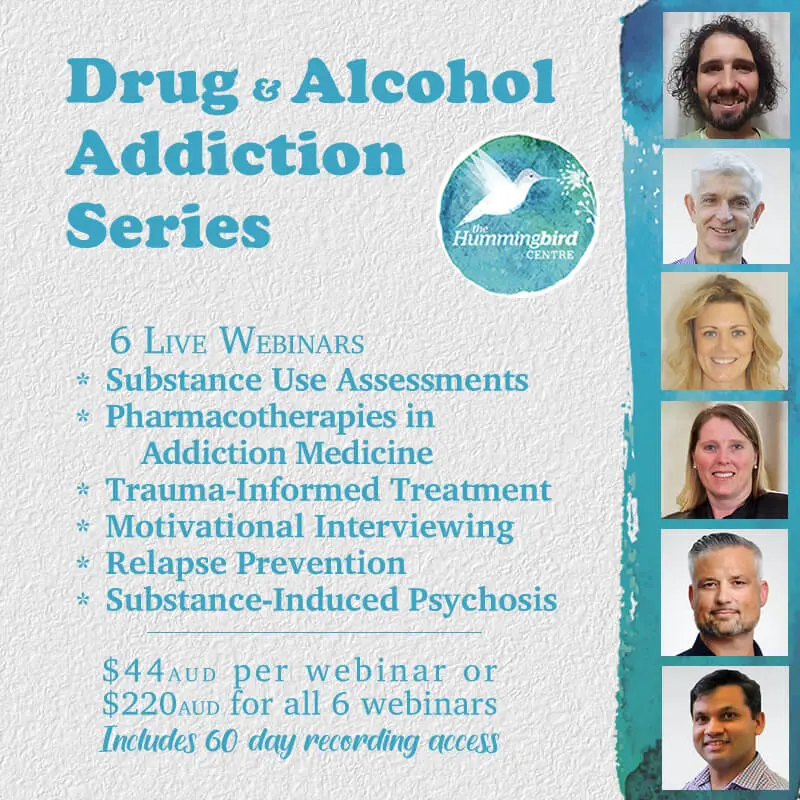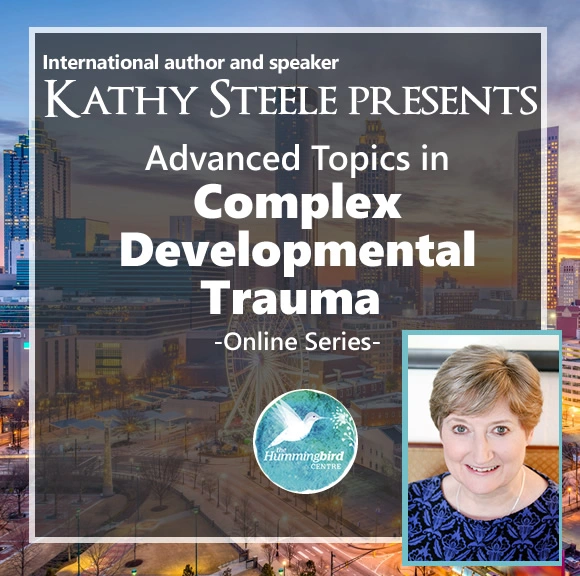Evidence based pathways
In the treatment of addiction, medications are used to reduce the intensity of withdrawal symptoms, reduce alcohol and other drug cravings, and reduce the likelihood of use or relapse for specific drugs by blocking their effect. The primary goal of medication-assisted treatment is for the patient to achieve fully-sustained remission.
This webinar will provide and overview of the latest evidence-based pharmocotherapies used in:
- Managing substance withdrawal;
- Managing alcohol dependence including Acamprosate / naltrexone / disulfiram / other potential pharmacotherapies for alcohol.
- Managing Opioid addiction including Methadone and buprenorphine including depot formulations
Dr Sadler will also discuss novel and evolving pharmacotherapies for other drugs.
About the Presenter

Dr Craig Sadler is a Senior Staff Specialist Addiction Medicine; the Director Alcohol and Drug Unit / Withdrawal Services at the Calvary Mater Hospital in Newcastle, NSW part of Hunter New England Local Health District. He is also a Visiting Medical Officer Addiction Medicine Western NSW Local Health District and a Conjoint Senior Lecturer University of Newcastle.


